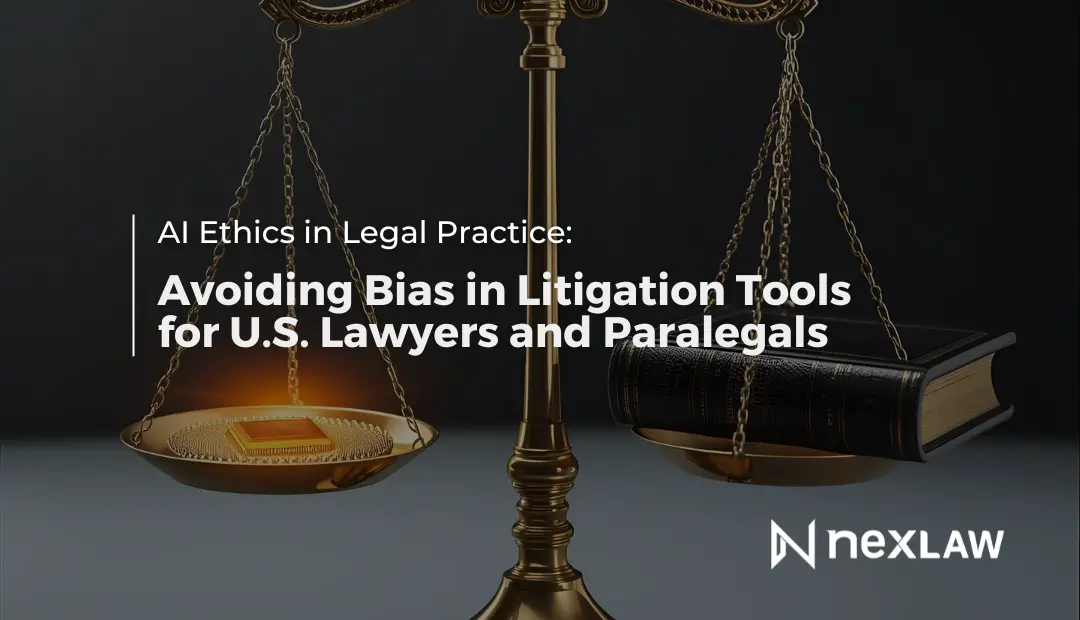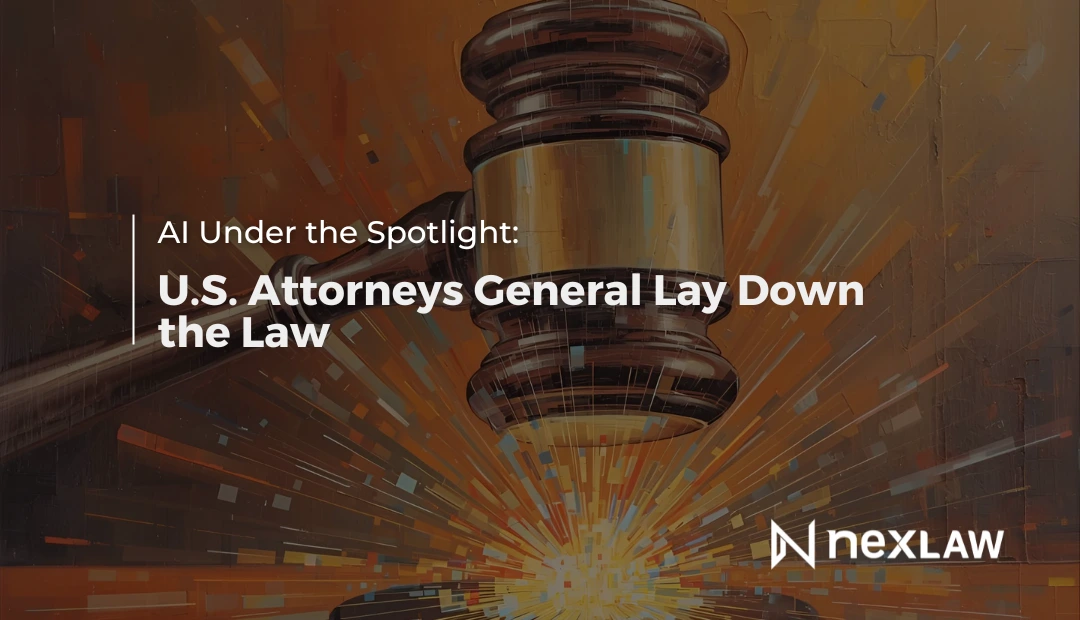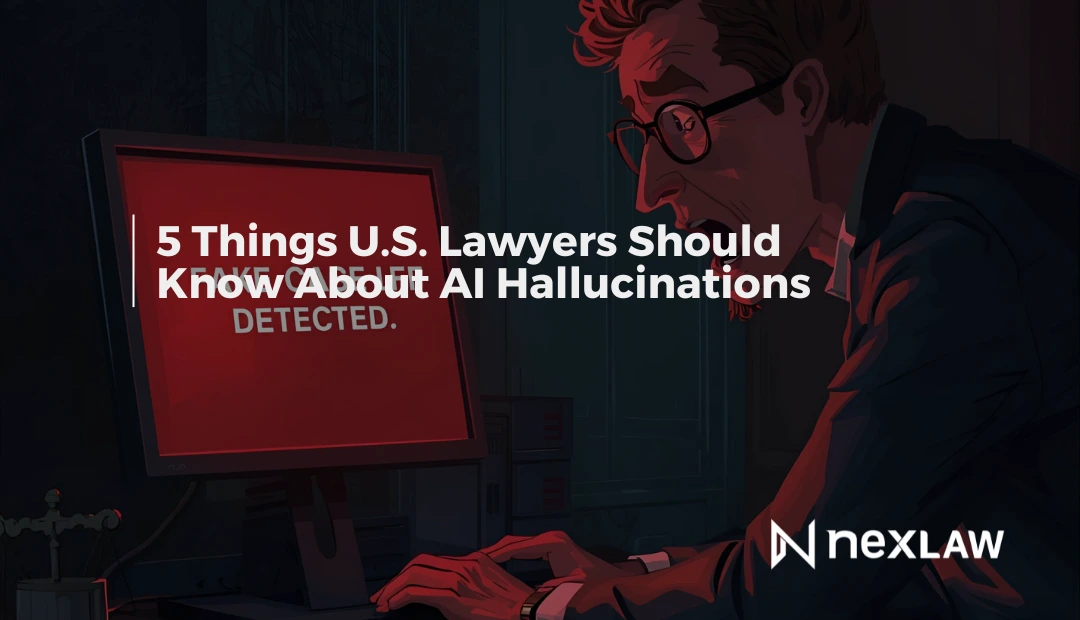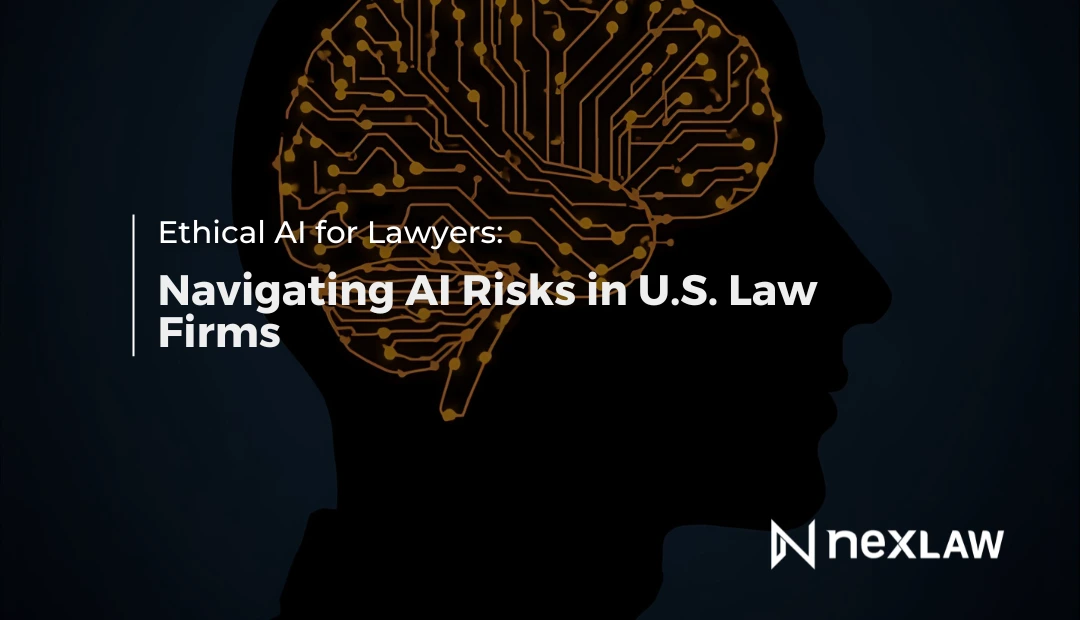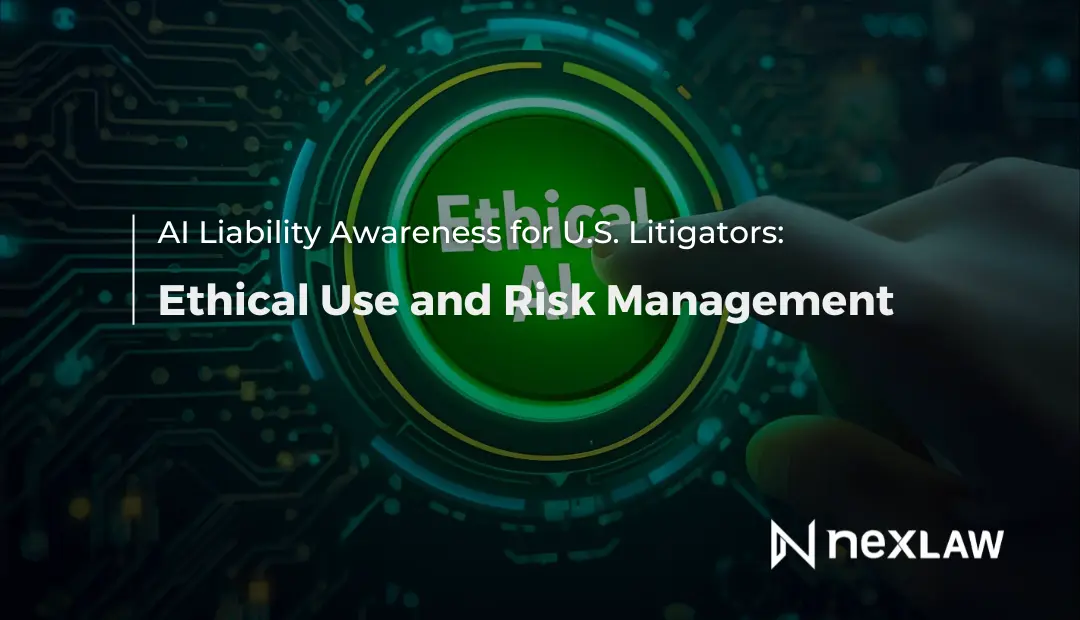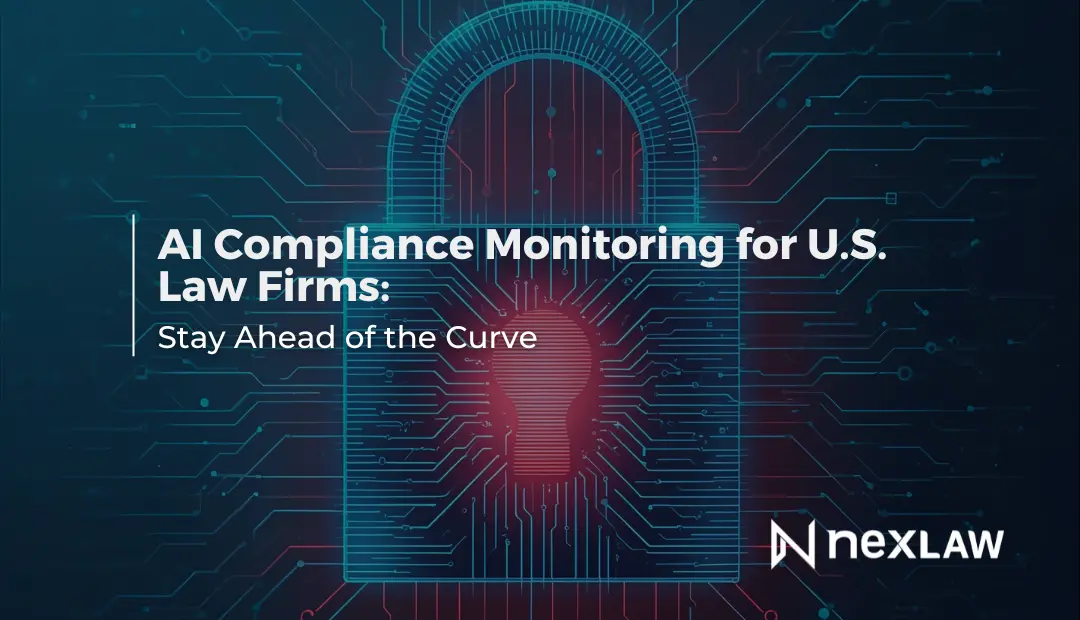AI Ethics in Legal Practice: Avoiding Bias in Litigation Tools for U.S. Lawyers and Paralegals
Artificial Intelligence (AI) is transforming how U.S. law firms, attorneys, and paralegals approach litigation. From automating document drafting to assisting with legal research, AI tools are becoming an essential part of modern legal workflows.
Unlock Legal Insights Instantly!
However, these benefits come with ethical considerations. AI systems rely on historical data, and if that data reflects existing disparities, the AI may unintentionally reproduce or amplify those patterns. For U.S. lawyers and paralegals, understanding and managing bias in AI is a critical professional responsibility. Ethical adoption ensures AI enhances efficiency without compromising fairness, confidentiality, or professional judgment.
Understanding Ethical Risks of AI in Legal Work
AI tools can accelerate legal processes, but they introduce new ethical considerations. Lawyers and paralegals must ensure that technology supports justice rather than introducing unintended risks. Key areas of concern include:
Accuracy and Reliability – AI-generated content must be verified. While AI can draft motions, summaries, or discovery requests, any output must be carefully reviewed to ensure factual correctness and compliance with U.S. court requirements.
Bias and Fairness – AI trained on historical legal data may reflect systemic inequities. Lawyers and law firms must actively monitor outputs to prevent biased recommendations, decisions, or document analysis.
Transparency – Clients should be informed when AI is used in their case, including the nature of AI-generated assistance and its role in shaping legal strategy.
Confidentiality – Sensitive client information must be protected when interacting with AI systems, ensuring compliance with U.S. privacy and professional standards.
By addressing these areas, legal professionals can leverage AI responsibly while safeguarding their clients and their practice.
Why Human Oversight Remains Essential
AI is a tool, not a replacement for professional judgment. Attorneys and paralegals are ultimately responsible for all legal work, including outputs assisted by AI. Human oversight includes:
- Reviewing AI-generated drafts before filing
- Verifying citations and references against reliable sources
- Ensuring jurisdiction-specific compliance
- Monitoring outputs for potential bias or errors
This “human-in-the-loop” approach ensures AI enhances productivity without compromising ethical or professional obligations.
Sources of Bias in Legal AI
Understanding where bias may arise helps U.S. law firms and legal professionals implement safeguards:
Training Data Bias – AI reflects patterns in the data it is trained on. If historical rulings contain systemic inequities, AI outputs may inadvertently mirror them.
Algorithm Design Bias – The structure of AI systems can unintentionally favor efficiency over fairness, creating skewed results.
User Oversight – Even well-designed AI can introduce risk if outputs are accepted without careful review by trained legal professionals.
Practical Steps to Mitigate Bias
U.S. attorneys, paralegals, and law firms can adopt AI safely by implementing structured practices:
- Regular Review: Continuously evaluate AI outputs for fairness, accuracy, and relevance.
- Maintain Human Judgment: Treat AI as a supportive assistant. Legal professionals must always make final decisions.
- Transparency with Clients: Clearly explain when AI is used and how it contributes to the case strategy.
- Vendor Selection: Choose AI platforms that prioritize ethical design, with transparent processes for training and auditing models.
- Training and Education: Provide attorneys and paralegals with practical guidance on using AI responsibly in litigation.
These measures reduce ethical risk while allowing law firms to benefit from the efficiency and insight AI provides.
Ethical AI in Practice: Key Benefits
Properly implemented AI tools offer advantages for both lawyers and paralegals in U.S. litigation:
Efficiency – AI can streamline research, document review, and drafting, freeing legal professionals to focus on strategy and client counsel.
Consistency and Accuracy – Structured AI workflows help maintain standardization across filings, briefs, and motions, reducing the risk of oversight or clerical errors.
Access to Justice – For pro-se litigants or smaller law firms, AI tools can provide guided drafting assistance and workflow management, making legal services more accessible and manageable.
Enhanced Strategic Decision-Making – AI can quickly organize case information, identify relevant precedents, and assist in preparing litigation strategies, giving attorneys and paralegals more time to apply professional judgment.
By adopting ethical AI practices, law firms can increase efficiency while maintaining the high standards required in U.S. courts.
NexLaw and Ethical AI
NexLaw | Your AI Legal Assistant exemplifies how legal technology can integrate ethical safeguards into practical litigation tools:
- Bias-Aware Design: AI is trained on diverse datasets with transparency protocols.
- Human Oversight: AI assists in drafting and analysis, but lawyers retain final control.
- Pro-Se Support: Guided workflows help self-represented litigants while maintaining ethical standards.
- Compliance: Ensures secure handling of client information in line with U.S. legal standards.
Platforms like NexLaw demonstrate that AI can be both effective and ethically sound, helping attorneys and paralegals work smarter while maintaining professional integrity.
Building an Ethical AI Culture in Law Firms
Integrating AI responsibly requires a cultural commitment:
- Promote continuous learning for attorneys and paralegals about AI capabilities, limitations, and ethical considerations.
- Establish clear internal protocols for reviewing AI outputs.
- Foster transparency in client communications regarding AI use.
- Partner with vendors who prioritize compliance, security, and fairness.
A culture that prioritizes ethical AI not only protects clients and the firm but also strengthens professional credibility and competitive advantage in the U.S. legal market.
Conclusion
AI is transforming legal practice in the United States, offering remarkable efficiency and workflow improvements for law firms, lawyers, and paralegals. However, the potential for bias, errors, and ethical missteps requires careful oversight and thoughtful implementation.
By focusing on transparency, fairness, and professional responsibility, legal professionals can safely integrate AI into litigation workflows. Ethical AI adoption empowers attorneys and paralegals to deliver more efficient, accurate, and client-centered services.
For U.S. lawyers and law firms, platforms like NexLaw | Your AI Legal Assistant provide a practical example of bias-aware AI in action, combining time-saving technology with professional safeguards. Ethical, well-managed AI is not only a tool for efficiency, it is an essential partner in responsible legal practice.
Lawyers who embrace AI today are shaping the legal profession of tomorrow. Whether you’re part of a litigation team, a solo attorney, or a paralegal eager to expand your role, NexLaw makes it possible.
NexLaw is designed to help paralegals and attorneys—solo or from small and mid-size—prepare cases more efficiently, with greater accuracy and strategic insight.
Book a Guided Demo — See how NexLaw fits seamlessly into your practice and transforms your workflows.
Start a Free 3-Day Trial — Explore NexLaw risk-free and experience firsthand how AI can enhance efficiency, accuracy, and client satisfaction.
*t&c applied | visit our website for more details
With NexLaw, the future of litigation is here - AI-powered, accurate, and accessible.
